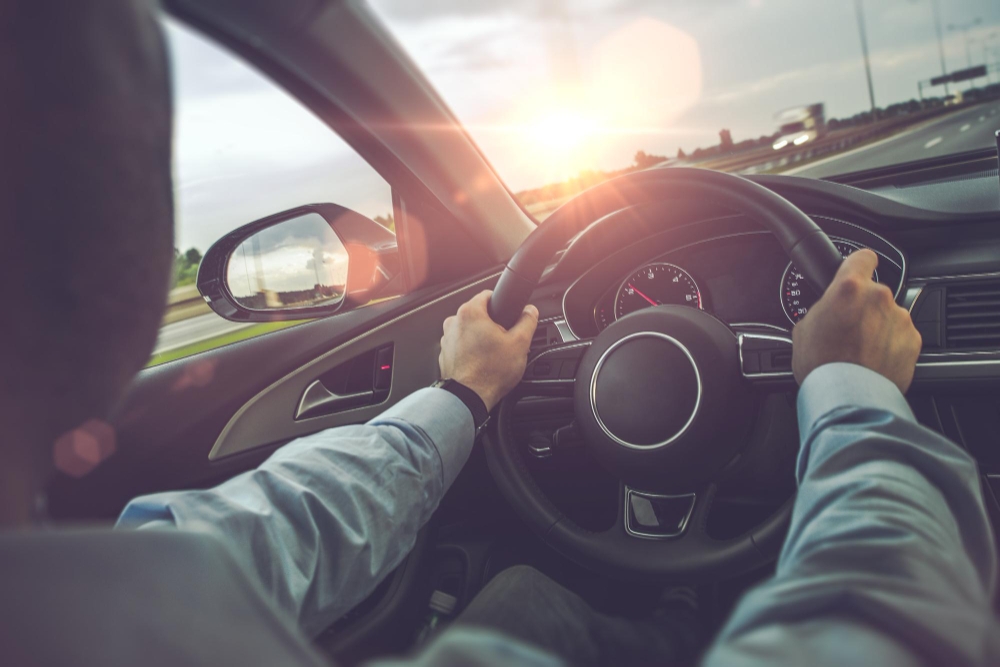Have you found yourself caught driving whilst your license is suspended? While we understand that being caught driving under suspension can be overwhelming, it’s important to note that this is no minor traffic infraction but a serious offense that could have significant consequences. In this article we will help you understand what to expect and the necessary steps you should take.
The Immediate Steps to Take
If you are caught driving while suspended, your first and most crucial step is to seek legal advice from a lawyer experienced in traffic law. Criminal lawyers specialise in interpreting and explaining legislation, including traffic laws specific to the state where the offense occurred.
It is essential to be completely honest and provide detailed information as any omitted details can affect the advice and support a lawyer can offer. Your lawyer will request disclosure from the police to review the evidence against you, which will help them advise you on whether to plead guilty or not guilty, identify possible defences, evaluate the likelihood of a conviction, and outline potential consequences or sentences.
Criminal cases can evolve rapidly, and your lawyer’s advice will need to be updated as new developments arise. The complexities of traffic law make having knowledgeable legal representation crucial to navigate your case effectively.
The Legal Consequences and Court Proceedings
Upon being caught driving while suspended, you will be arrested and either remanded or bailed until your court appearance. The severity and frequency of your offenses will determine whether you are remanded or bailed. At your first court appearance, you will either adjourn the matter to seek further legal advice or enter a plea of guilty or not guilty.
If you plead not guilty, your case will be listed for a hearing or trial. At the conclusion of this process, you will either be acquitted or sentenced. Sentencing may occur on a separate date depending on the case’s specifics.
When determining a sentence, the court will consider several factors:
- Whether this is your first offense
- Your prior criminal record
- Previous consequences or penalties for similar offenses
- Status of your current or previous license
- Personal circumstances surrounding the offense
Both the defence and prosecution will argue the relevance and weight of these factors. Each case is unique, and the court will attribute different levels of importance to each factor based on the arguments presented.
Understanding Criminal Defences
A criminal defence comprises arguments and explanations for why an offense was committed. Examples include a family emergency or being under the influence. While not all defences are valid or accepted, your lawyer will help determine if presenting a defence is advisable. Courts may react unfavourably to defences they deem implausible or disrespectful, so it’s crucial to heed your lawyer’s advice.
An honest and reasonable mistake defence, for offences of strict liability like driving whilst suspended, is a legitimate explanation for committing an act, perceived as reasonable by an ordinary person. This defence is challenging to use effectively as justifiable excuses for criminal acts are rare. Examples include unknowingly having alcohol in your system or being unaware of a license suspension due to unpaid fines.
It is important to note that an Honest and Reasonable Mistake as to the applicable Law is not a defence to offences of Strict Liability.
Court Etiquette and Procedures
When attending court, maintaining respect is paramount. First time offenders must make a positive impression with early plea entries saving court time and resources, which can be favourable for your case. Pleading guilty at the first opportunity shows cooperation and may influence the court’s decision.
If you are innocent, acquittal is possible. The prosecution must prove your guilt beyond reasonable doubt, while your defence lawyer will challenge this evidence. Successfully creating reasonable doubt can lead to acquittal.
Maximum Penalties
The maximum penalty for traffic offenses, including driving while suspended, can include imprisonment. Penalties aim to deter community members from similar offenses and punish the individual to provide justice for victims. Whilst the penalties may include suspended sentences, fines, good behaviour bonds and immediate license suspensions.
Handling Multiple Offenses
You can be charged with multiple offenses simultaneously, each assessed individually. Legal representation can negotiate with prosecution to potentially reduce charges through plea deals or lack of evidence.

